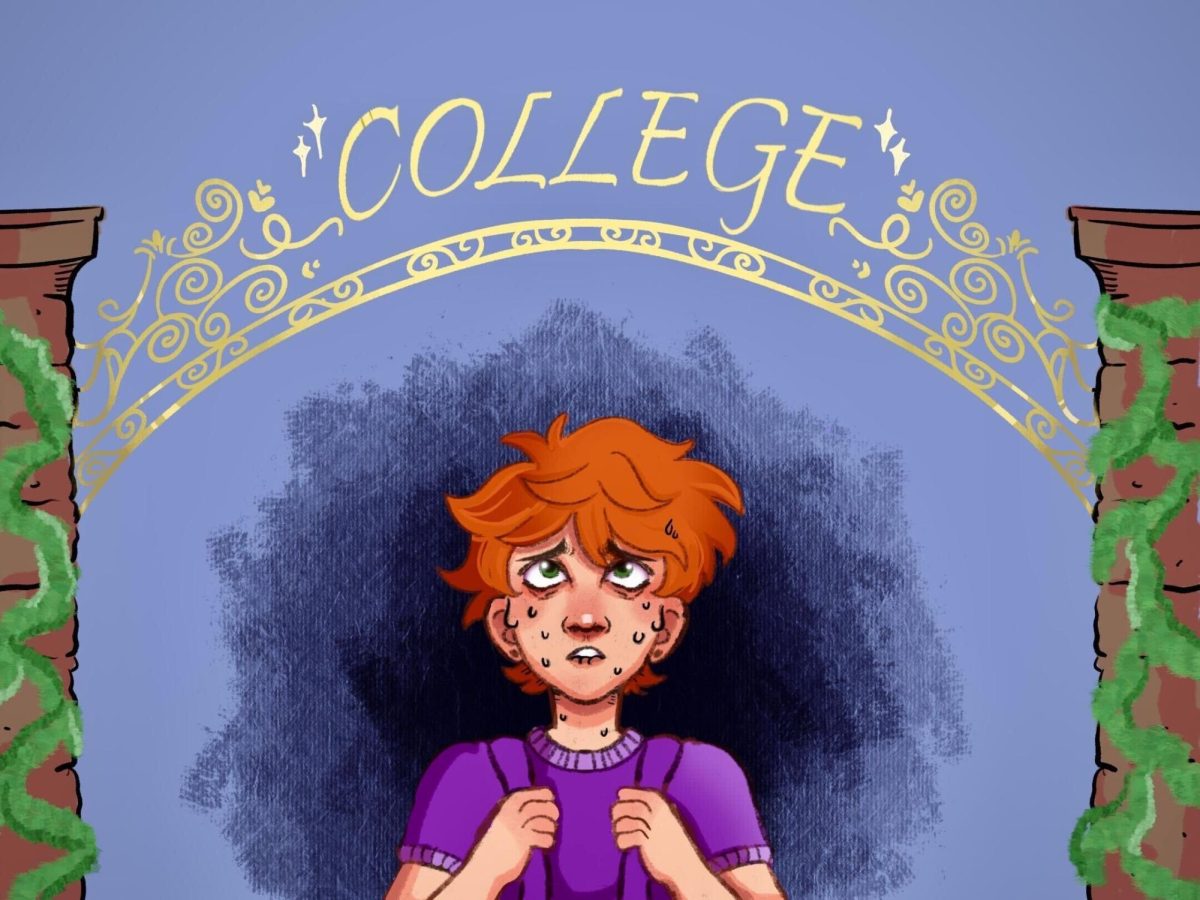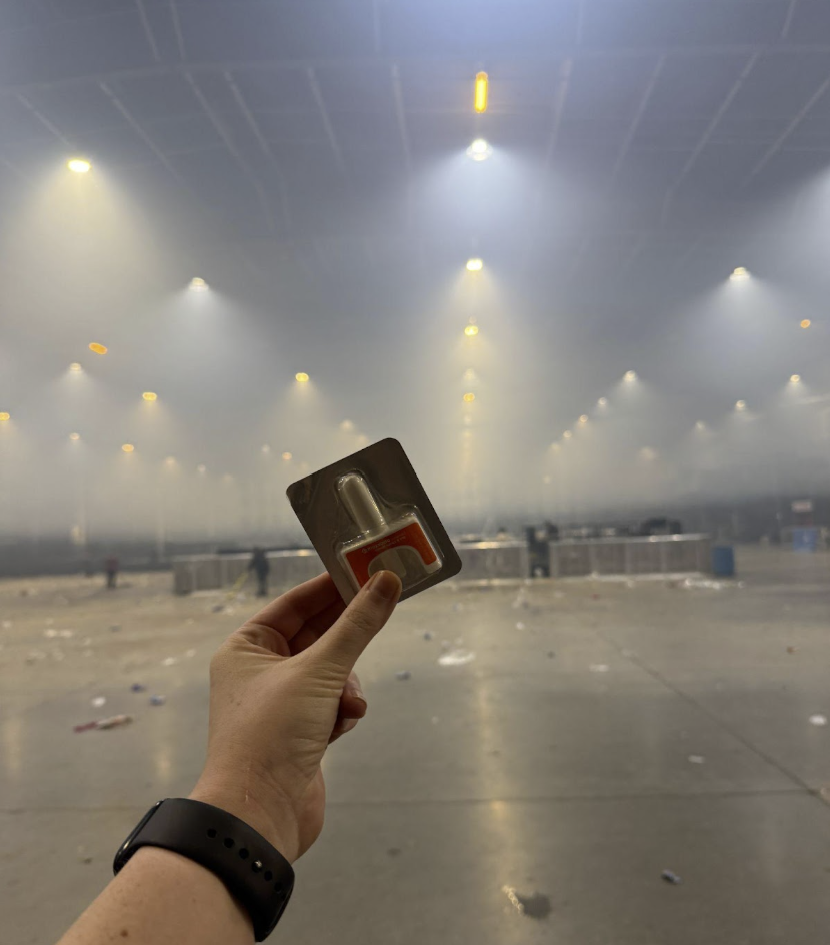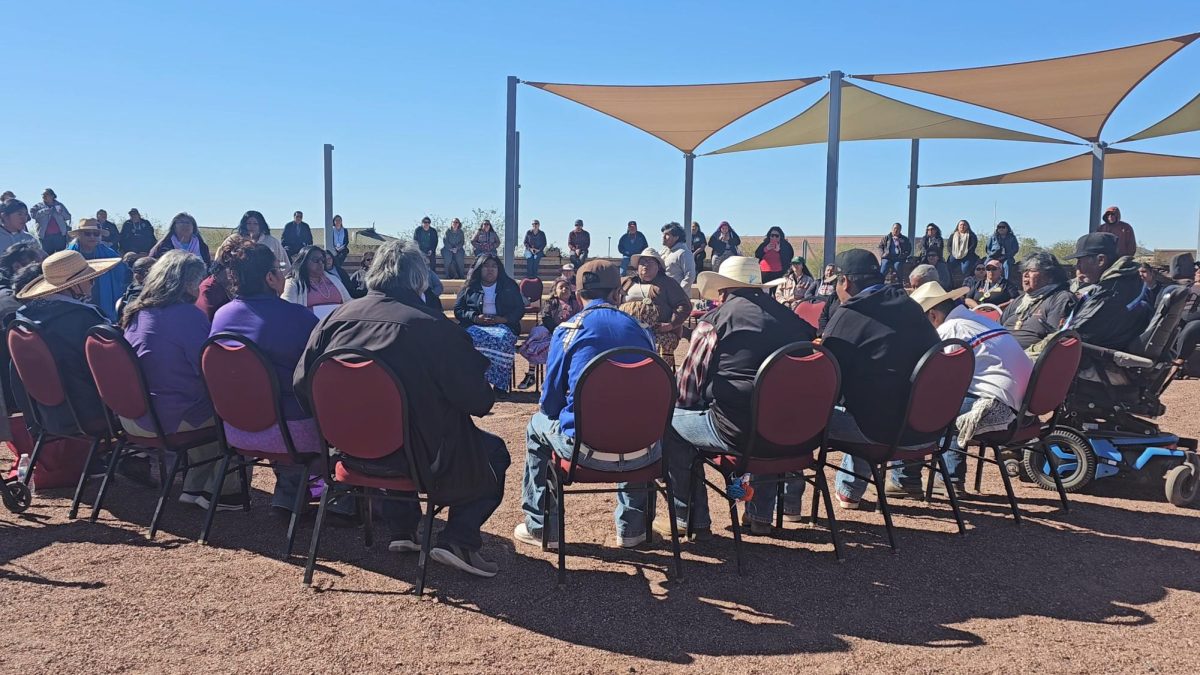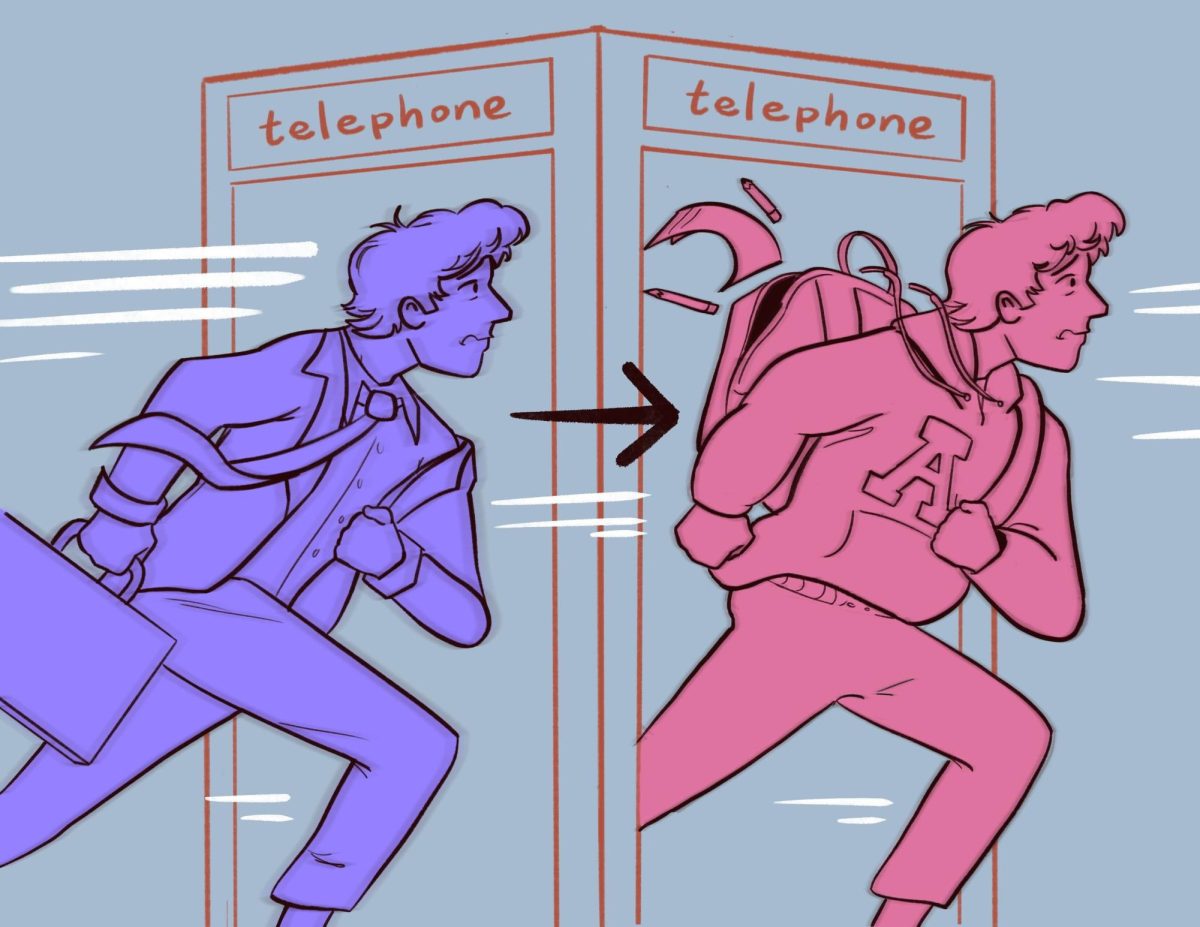TRIGGER WARNING: This article contains discussion of domestic and sexual abuse. If you have experienced this and need support, please utilize the resources listed.
Southern Arizona Against Sexual Assault
Emerge! Center Against Domestic Abuse
This story was first assigned as a news piece on Drake Bell’s upcoming March 13 drive-in concert. My first reaction, as someone who loves music, was to focus on his newfound rebrand as “Drake Campana,” releasing music in Spanish and gaining popularity in Mexico.
After talking with my editors, we did a short Google search that changed the direction of the story; Bell had been accused in August 2020 by an ex-girlfriend, Melissa Lingafelt, of physical and verbal abuse.
I was suddenly grateful that I did not have to write a piece promoting Bell as a musician after reading more about the scandal and watching the TikToks that Lingafelt released. The image of him as an abuser was at the forefront of my mind.
RELATED: University cultural centers, advocacy programs face funding cuts
Some would say that this is a story of “he said, she said” but what Melissa Lingafelt said was jarring. In a TikTok video posted August 12, 2020, Lingafelt, under her stage name “Jimi Ono,” accused Bell of physical and verbal abuse.
“I don’t really care if anyone believes me as this is my story and my life and something that I went through,” Lingafelt said at the beginning of the video.
While showing pictures of the two when they dated and lived together, Lingafelt said, “he drug me down the stairs … my face hit every step on the way down.”
The original video has since been made private, but there still remains a series of videos with screenshots of messages that Lingafelt received supporting her and telling similar stories related to Bell. Lingafelt captioned most of these videos with #endabusetowomen.
Despite the many young women that came forward or reached out to Lingafelt, Bell denied allegations, suggesting that it was a ploy for money or attention.
“Clearly, Melissa still felt close enough to me just last year that she felt comfortable reaching out to ask me to provide her with financial support during a tough time (which I did),” a statement given to Variety by Bell’s representative said.
As a woman who has grown up in a society that experiences rape culture, I ask, why would women falsify their story about abuse, something so personal and traumatic? According to the National Coalition Against Domestic Violence, “1 in 3 women and 1 in 4 men in the United States have experienced some form of physical abuse by their partner.”
Drake Bell falls into a long list of performance artists such as Chris Brown, R. Kelly and James Franco — all of whom have also carried allegations of abuse and assault. Power dynamics allow men to use their popularity and talent to control people. Especially in light of the #MeToo movement, allegations like the ones connected to Drake Bell are not a rare occurrence.
Regardless of who is being accused, famous or not, where does one draw the line between an accusation and the possibility of its truth? When do we believe that, even if someone was abusive, that they have changed?
The first step to change is admitting the wrongdoing. Comparing it to the wronged acts of the prison reform system, a prisoner is usually not released on parole until they confess to the crime that they were convicted of. In Drake Bell’s case, there was no confession, rather denial and the claim that Lingafelt’s statement was made for money or attention.
Society has struggled to determine whether the honesty lies in the hands of women that have come forward about their experience or their alleged abusers. There is often underlying conspicuity in a woman’s statement as the victim of abuse but a lack of conspicuity for the men who can simply deny the act and then move forward with their lives.
Among the countless allegations against celebrities and public figures, the societal dilemma has become how to treat the alleged abuser when there is no charge, no conviction and no confession. How do we as a society treat an alleged abuser, who denies someone else’s truth, and when do we believe in their redemption?
Follow Bellah Nelson on Twitter















